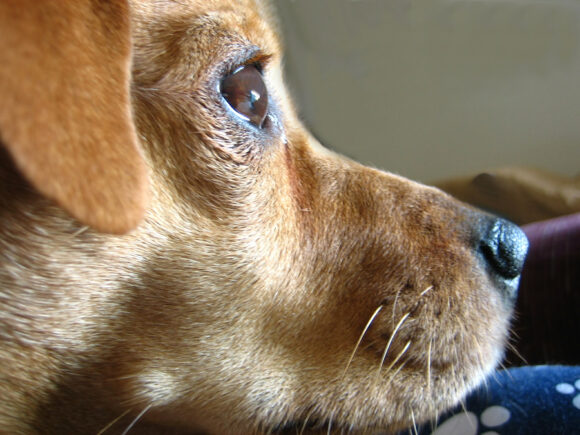New York Attorney General Letitia James announced that a pet store chain will have to pay $300,000 to 190 customers who they knowingly sold sick puppies to at locations on Long Island.
As part of the settlement, Shake A Paw will also be required to change their business practices after an investigation reportedly found the pet store kept dogs in inhumane conditions and sold critically sick puppies that died within days or weeks after purchase. Shake A Paw will pay $300,000 in restitution to all impacted customers, many of whom reportedly spent thousands of dollars on medical bills after the puppies they bought fell sick.
The company is also required to stop all misleading advertising about selling the “healthiest” and “best of the best puppies” from the “most trusted breeders,” and can only purchase animals from reputable breeders or brokers that follow state and local laws. Shake A Paw will be banned from selling dogs entirely starting in December 2024 as the result of a new state law taking effect that prevents pet stores from selling dogs.
In December 2021, James sued Shake A Paw after an investigation reportedly revealed its two Long Island locations in Hicksville and Lynbrook falsely advertised sick pets as healthy, failed to disclose the animals’ medical conditions, misrepresented puppies’ breeds, and refused to reimburse consumers for veterinarian bills to treat sick dogs.
In one reported case, a customer purchased a puppy that died six days after a Shake A Paw employee told them that the puppy was “fine.” In another case, a customer’s puppy was hospitalized for severe double pneumonia two days after purchase. One customer reportedly spent more than $2,000 on veterinary bills after a puppy from Shake A Paw was diagnosed with an upper respiratory infection one week after purchase.
The investigation analyzed more than 400 veterinary records of puppies sold at the stores and reportedly found that more than half of the puppies had upper respiratory infections or breathing problems or were infected with parasites. Nearly 10% were reportedly diagnosed with pneumonia.
Shake A Paw also reportedly lied to customers about the sources of its puppies, failing to fully disclose to consumers that puppies originated from establishments knopwn known puppy mills.
After selling sick puppies to customers, Shake A Paw refused to offer reimbursements when they called to complain. Instead, Shake A Paw directed customers to the company’s own veterinarians, who would often fail to correctly diagnose illnesses, according to investigators.
Shortly after filing the lawsuit against Shake A Paw, James secured a temporary court order banning its two Long Island stores from purchasing or adopting any new animals for resale in New York, requiring a vet appointed by her office to examine all puppies in Shake A Paw’s possession prior to their sale, and freezing its bank accounts.
Was this article valuable?
Here are more articles you may enjoy.


 AI Claim Assistant Now Taking Auto Damage Claims Calls at Travelers
AI Claim Assistant Now Taking Auto Damage Claims Calls at Travelers  Tesla’s Austin Robotaxis Report 14 Crashes in First Eight Months
Tesla’s Austin Robotaxis Report 14 Crashes in First Eight Months  Stellantis Weighs Using China EV Tech for Affordable Cars
Stellantis Weighs Using China EV Tech for Affordable Cars  Judge Upholds $243M Verdict Against Tesla Over Fatal Autopilot Crash
Judge Upholds $243M Verdict Against Tesla Over Fatal Autopilot Crash 